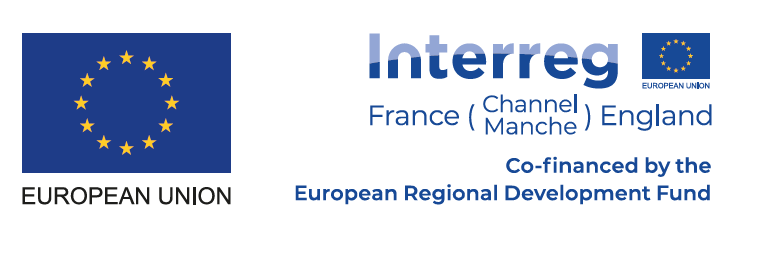
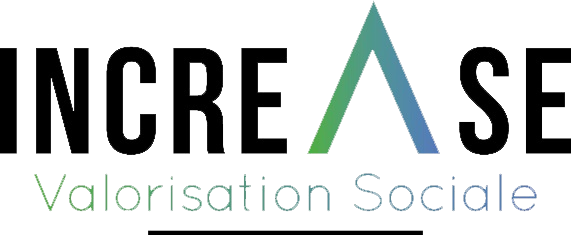
The project
Increase Valorisation Sociale (‘social value’ in French) aimed to boost enterprise training and job opportunities for thousands of social housing residents in England and France.
This major £10.8 million project was a partnership between UEA, seven housing associations and two training providers (running 2018-2023).
Download the Increase VS Evaluation Report 2023 in English or French.
Of the total budget, £7.5m has come from the EU’s Interreg France (Channel) England programme, through the European Regional Development Fund. The five-year project was led by Southern Housing (formerly Optivo), one of the largest housing associations in England.
It helped more than 4,500 people through entrepreneurship training, supporting 1,600 of those into employment or further education; and the creation of more than 1,020 new businesses.
Launched in April 2018, the project supported residents in 38 neighbourhoods facing barriers such as single parenting, disability, multi-generational benefit dependency, high rates of poverty and low job opportunities. The areas involved were in the South and East Coasts of England from Hampshire to Norfolk, and the North Coast of France from Ille-et-Vilaine to Pas-de-Calais.
Social housing residents can face higher than average unemployment. So to help tackle this, the project delivered ongoing training and support for residents. It was the first large-scale initiative of its kind.
Six-step service offer
Participants learned skills to help launch their own businesses, including how to trial and market test business ideas and manage enterprise finances. It also facilitated further training to those willing to join the job market.
The six-step service offer included:
engagement and assessment of needs
preparation activity
implementation of new training modules
ongoing support into new business, employment or further training
ambassador training
ambassador activity.
Additionally, the service
included support towards improving the resilience of participants with regards to economic and personal impacts of the COVID-19 pandemic.
offered digital skills for both start-ups and jobseekers.
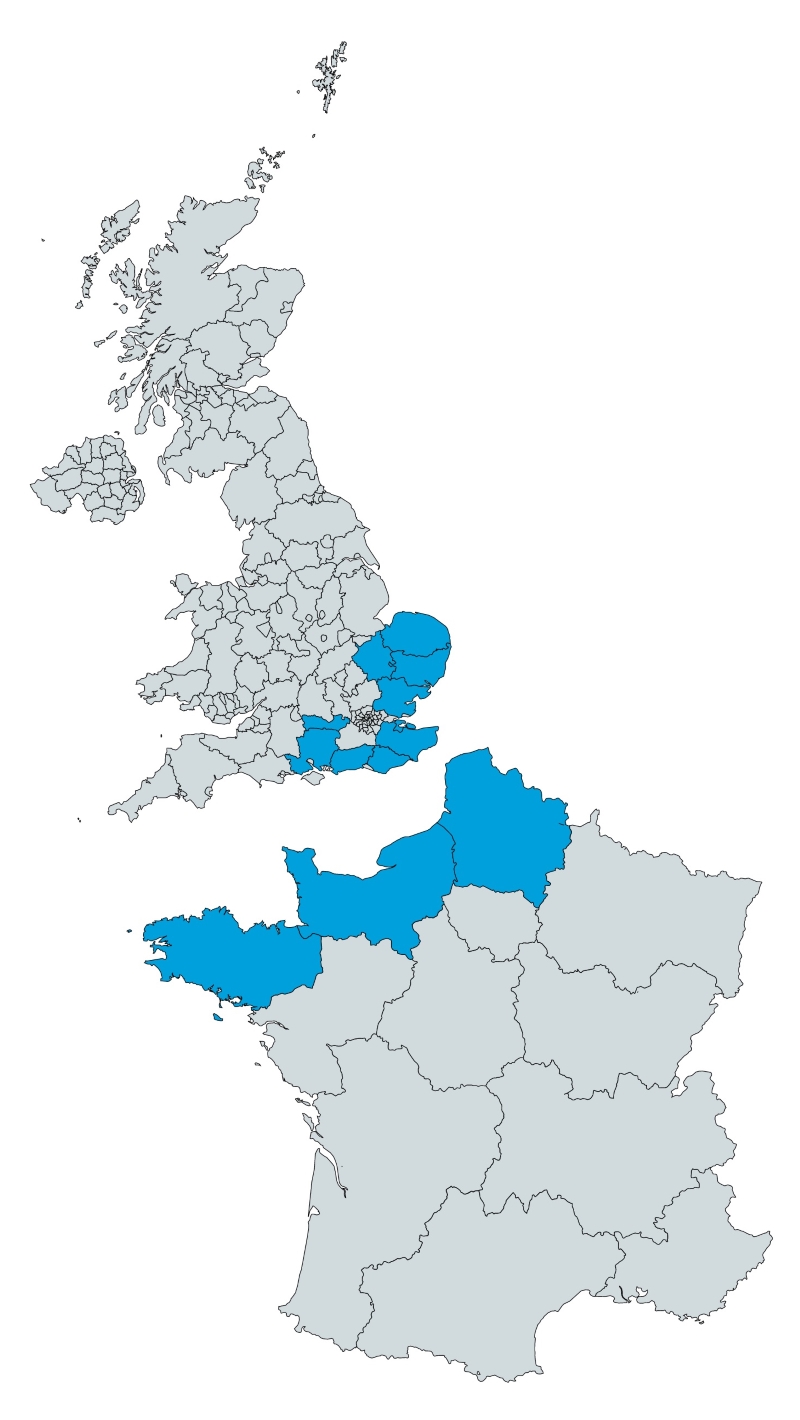
Please see the Increase VS transferability manual for additional resources.
The research
Professor Zografia Bika at Norwich Business School, led an academic evaluation of the project, enabling best practice to be shared for future sustainable entrepreneurship projects.
The team’s work drew on social housing data, findings from questionnaires, in-depth interviews and case studies. The aim was to track the participants’ journey in trying out micro-enterprises, securing employment and engaging in personal development.
By working with social housing residents the impact evaluation work generated new insights into the local socio-economic and cultural dynamics that underpin the lives of those furthest away from the labour market. This will help future work on entrepreneurship and social innovation among marginalised communities and hopefully influence public and policy debate.
The project has ensured sustainability by creating a number of community ambassador roles and a strong stakeholder network in each neighbourhood. These ambassadors provide on-going support to micro-entrepreneurs and continue to engage future participants, ensuring the long lasting legacy of the project.
Impact evaluation is applied social research and this has been a study of the ‘entrepreneurial emergence’ processes using mixed methods in order to evaluate the innovation of the Increase VS intervention and assess its replicability and potential for scaling up.

The Whitepaper
Housing Associations as Change Makers - Whitepaper (June 2024)
The Visibility Manual
CPD Visibility Training Course
Academic Journal Articles
Academic Conference Papers
Entrepreneurial Refuseniks and the Strategies of “Little Earners” in Deprived Communities (2024, US Academy of Management Meeting, Chicago, USA - 'Best Empirical Paper Award' Finalist).
Media Articles
Are Housing Associations best placed to get people into work? (Inside Housing - Comment, Oct 2025).
Skills England: Bridging Gaps and Empowering Communities (IEP Journal #13, Jan 2025)
The Power of Piggybacking (RSA Comment - The RSA, Apr 2023)
Transitioning to Entrepreneurship Can Help Older Adults (Bluesky Thinking, Apr 2023)
Cost-effective Ways to Make Levelling Up Happen Right Now (LSE Business Review, Mar 2023)
Green Jobs Could Help To Power The Levelling Up Agenda (Hippo Reads, Mar 2023)
Three Ways to Attract Skilled People to Deprived Communities (East Anglia Bylines, Mar 2023)
Skills-Based Employment Can Help To Find “Invisible Workers” (Forbes, Jan 2023)
Levelling Up Needs Local Solutions (BlueSky Thinking, Jan 2023)
Digital Skills Development Should Not Forget The “Bottom Of The Pyramid” (Thinkers 360, Dec 2022)
Project Awards
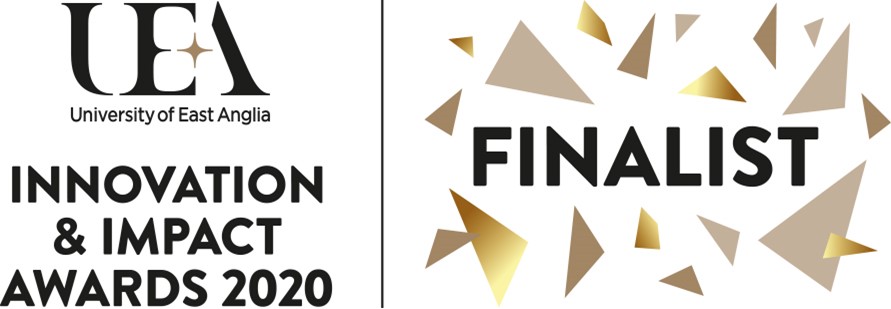
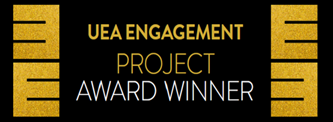
Contact us
For further information regarding the Increase Valorisation Sociale programme, contact Professor Zografia Bika on +44 (0)1603 591283 / z.bika@uea.ac.uk
The Interreg FCE Programme was a European Territorial Co-operation programme that funded high quality co-operation projects in the Channel border region between France and England. It focused on a range of specific objectives including supporting innovations, improving the attractiveness of the FCE area and developing low carbon technologies.
)